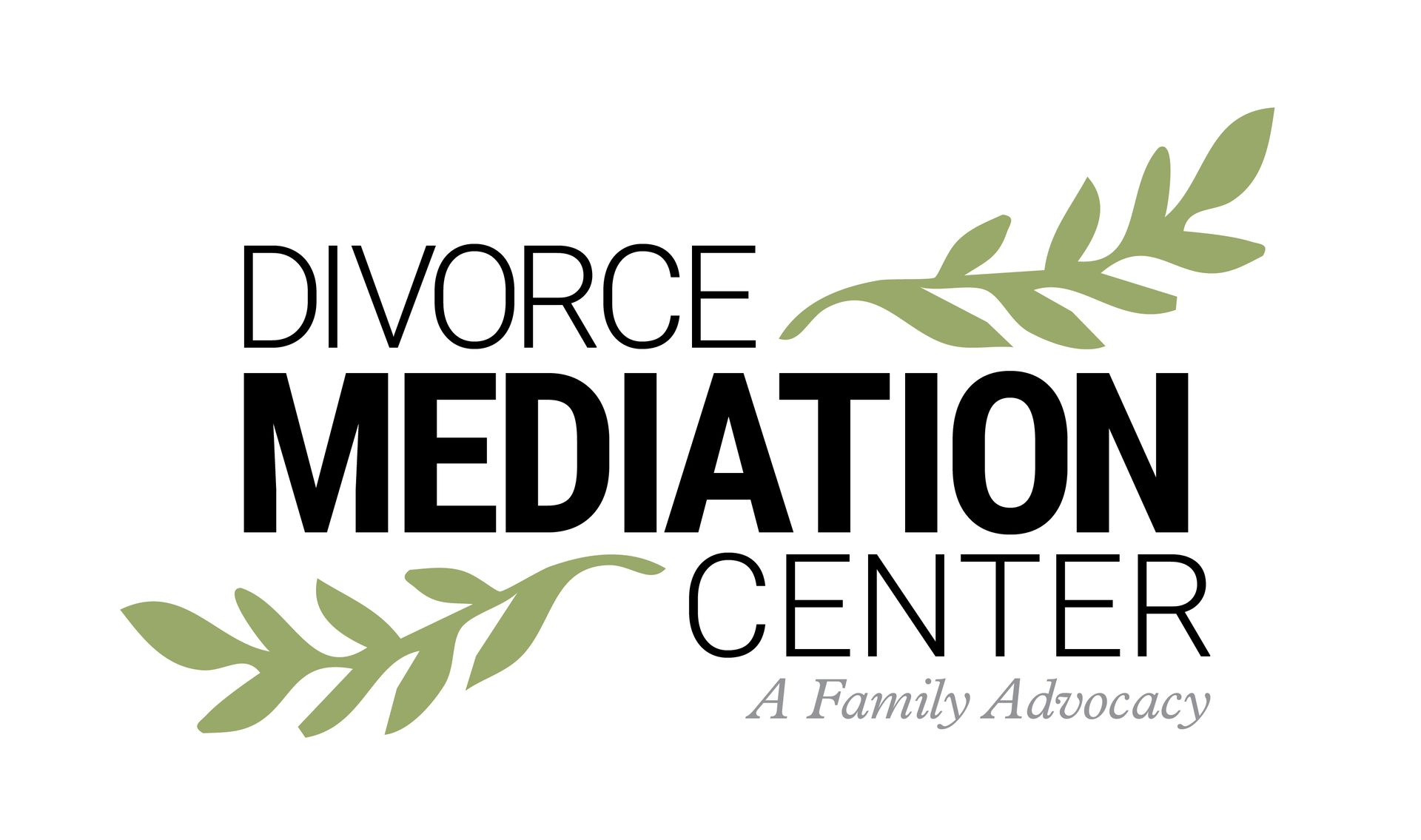Damage Control in Divorce Court-Part 6
Abusive Tactics in Divorcing Couples-Part 6-Damage Control in Divorce Court
In earlier articles we have covered all of the techniques of abusive tactics in divorcing couples and how they can add to the emotional and financial suffering of a family in the divorce court process. Today in part 6 we will discuss if mediation is not possible, how to minimize the potential pitfalls with damage control when heading off to divorce court.
Despite attempts to avoid divorce court, if one is unsuccessful in getting their abusive spouse to mediate a settlement here is some sage advice on damage control:
In Splitting-Protecting Yourself while Divorcing Someone with Borderline or Narcissistic Personality Disorder – Author, LCSW and Seasoned Divorce Attorney and Mediator, Bill Eddy quotes the following regarding how to think and feel about legal abusive tactics in divorce:
“Manage your case with an assertive approach, focus your energy on what is important in your case and avoid wasting energy by overreacting unnecessarily to certain behaviors you can ignore. The assertive approach gives you energy, KEEP CALM, stop and think before you act. Think strategically, not emotionally.
Avoid being passive, but also make sure your approach is assertive without being aggressive. Aggressive tactics usually backfire in court.
So, what is the “Assertive Approach”?
Start documenting right away. High conflict divorces often start with an emergency hearing about true or false allegations of abusive behaviors, it is critical that you put together detailed, accurate information (evidence) to present to the court.
Record detailed information about parenting behaviors (yours and your spouse), only focus on actual, factual statements and behaviors and avoid opinions and interpretations.
Think strategically, not reactively or emotionally. Avoid acting out of frustration and anger. At all times, avoid reacting and communicating with your spouse without advice. STOP AND THINK. Check with your Therapist whenever you feel like communicating angrily with your partner, process the anger with your Therapist first, then seek advice from your Attorney to determine if a response is even required. It is better to process the anger in therapy rather than putting something angry in writing or in a voice mail that could inadvertently become a damaging court document. CHOOSE YOUR BATTLES, there will be many letters from your spouse or their Attorney that can be very provocative but don’t always require a response .
Expose Abusers behavior with evidence: voicemails or emails and witnesses of events.
What evidence are you looking for?
-False statements -prepare evidence that proves the statements are false, exaggerated or misrepresented
-Patterns of Abuse
-Truth about you (with affidavits, and documentation)
(One form of evidence is letters or cards from the Spouse documenting good parenting skills like Mother’s Day or Father’s Day cards)
If the assertive approach is taken early in the case , the Abuser will usually back off, give up or target someone else.
More information on this topic in our new book Family Divorce 101 -A Guide to What Divorcing Families Should Know or our book for Therapists: Family Divorce Therapy 101 -A Clinician’s Guide to Best Practices for Treating Families Pre/During/Post Divorce (Amazon)
More divorce support, advice and tips in Transitions Divorce® Prep Workbook
https://www.createspace.com/4053502
Disclosure of Material Connection : I have not received any compensation for writing this post. I am disclosing this in accordance with the Federal Trade Commission’s 16 CFR. Part 255: “Guides Concerning the Use of endorsements and Testimonials in Advertising.”
Disclaimer: This is my personal blog. The opinions I express here do not necessarily represent those of my organization, Transitions Resource, LLC. The information I provide is on an as-is basis. I make no representations as to accuracy, completeness, suitability, or validity of any information on this blog and will not be liable for any errors, omissions, or delays in this information or any losses, injuries, or damages arising from its use.
The post Damage Control in Divorce Court-Part 6 first appeared on Divorce Mediation Center.





